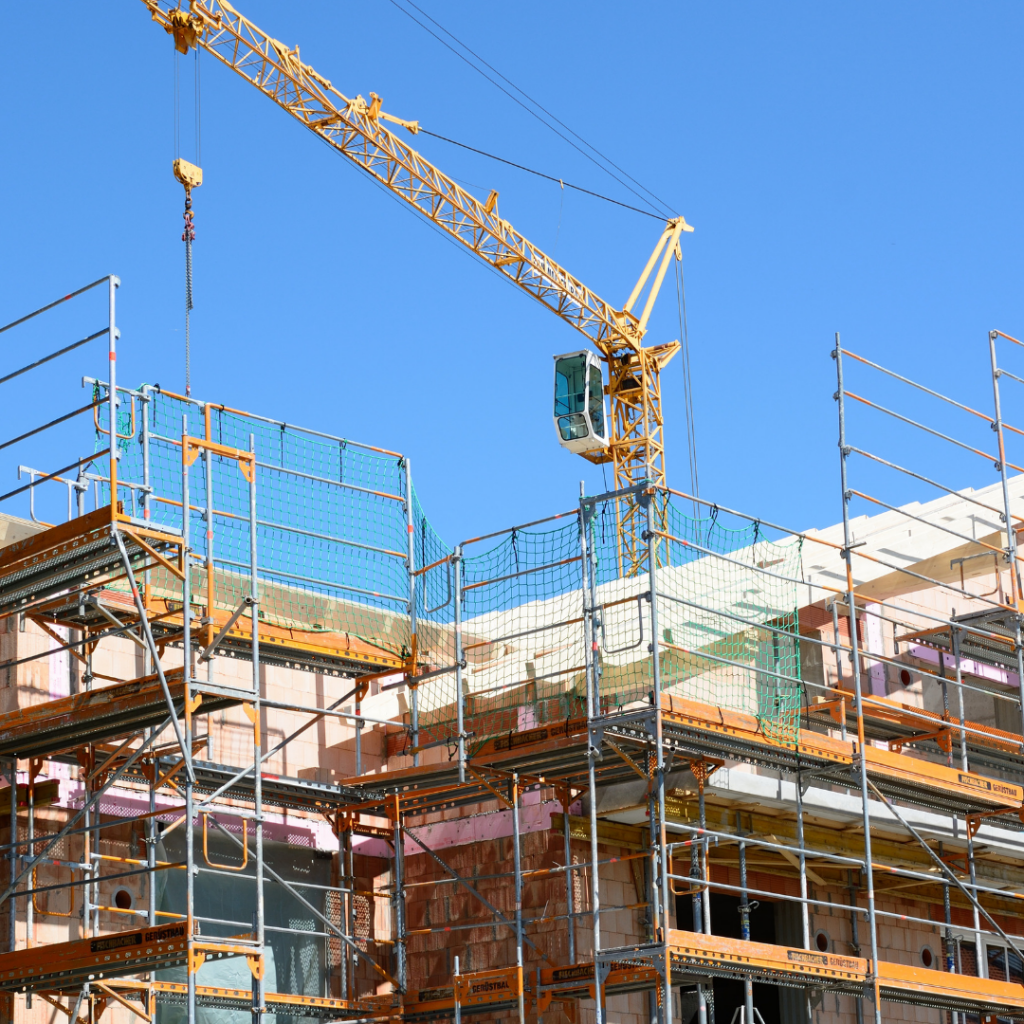
Published 15 April 2019, The Daily Tribune
We are at a time where construction projects are a priority. A huge chunk of our national budget is dedicated to having major airports renovated, bridges extended, buildings erected, and other priority infrastructure finished in just a few years. Indeed, the “Build, Build, Build” program creates a vigorous potential for development both at the national and local levels. With this, many hope that the construction hype would translate to a robust economic spike and, of course, tangible benefit to the taxpayers as soon as the projects are completed.
But the success or failure of any construction project – whether in a billion-dollar government public works contract, a high-rise project between a developer and a contractor, or a renovation undertaken in a private home – is owed to a host of factors. A lot of things could go wrong including delays, use of substandard materials, deviation from specifications, failure to complete, and lack of satisfaction in the turnover.
If things do go wrong, the first recourse is not with the courts. It is with a government office called the Construction Industry Arbitration Commission (CIAC).
The CIAC was created by Executive Order 1008 to provide alternative dispute resolution facilities for the speedy, efficient, and equitable resolution of disputes arising from construction contracts in the Philippines. It covers both public and private construction contracts wherein the parties have agreed to voluntary arbitration.
All that is required for the CIAC to acquire jurisdiction is for the parties of any construction contract to agree to submit their dispute to arbitration. The agreement of the parties to submit their dispute to arbitration need not be signed or be formally agreed upon in the contract because it can also be in the form of other modes of communication in writing.
Once the agreement to submit the dispute to arbitration is established, the CIAC has exclusive power to decide disputes that arise before or after the completion of the contract, or after the abandonment or breach thereof.
These disputes typically include but are not limited to violation of specifications for materials and workmanship; violation of the terms of agreement; interpretation and/or application of contractual time and delays; maintenance and defects; payment, default of employer or contractor, and changes in contract cost. The Supreme Court has also clarified that performance bonds issued to guarantee obligation under a construction agreement is an adjunct of the main construction contract, hence, the CIAC also has jurisdiction over it.
In resolving disputes, the CIAC is empowered to administer two kinds of alternative dispute resolution mechanisms: mediation and arbitration. In mediation, the parties are called together to resolve amicably their disputes.
Arbitration conducted by the CIAC, on the other hand, involves investigation and determination of disputes based on evidence and applicable law.
In arbitration before the CIAC, the formalities, delays, expenses and antagonism usually seen in ordinary litigation are avoided. The parties are free to choose the arbitrator or panel of arbitrators who will decide the dispute. The parties may opt to represent themselves if they wish to do so without need of counsel. Proceedings are private and confidential, and are conducted in a friendlier, less adversarial environment. The preservation of friendly relations before, during and after the arbitration is desired.
Arbitration is also cost-efficient because it is resolved promptly. It is typical for an uncomplicated dispute to be resolved within three to six months from the filing of the request to arbitrate. The award, which is akin to a Decision or Judgment in a typical court case, is rendered promptly by the arbitrator/arbitral tribunal as agreed upon by the parties, but it shall not exceed 30 days from the time the case is submitted for resolution or six months from the date of signing of the Terms of Reference. This award may already be executed by the winning party after 15 days from receipt by the parties, even if the parties appeal the award. Upon motion of any of the parties, the tribunal or sole arbitrator handling the arbitration may issue a writ of execution ordering the proper officer to carry out said award.
In sum, arbitration before the CIAC is a relief for those involved in construction disputes. The arbitrators have technical expertise and the parties are given the opportunity to choose their arbitrator. Proceedings are simple, much friendlier and faster. With these features, project owners can focus on the operational aspect of a construction matter with the assurance that any possible legal dispute will be resolved efficiently and promptly by a dedicated, specialized institution.
For comments and questions, please send an email to cabdo@divinalaw.com.

